Speech and Debate at The College of Idaho has a long history, stretching back at least to 1912, when the First President of the College, Dr. William Boone mentioned debate team victories in his journals. This tradition of excellence continues into the present day, where The College of Idaho regularly finds itself racking up victories and final round appearances. Notably, the team has been ranked in the Top 20 nationally every year since 2013.
The Howling ‘Yotes participate in both regional and national debate tournaments, testing their intellectual mettle against the toughest competitors in the United States (and, occasionally, the world).
We view Speech and Debate as a valuable tool to gain real-world experience in speaking, conflict management, research, and writing skills, as well as cultivating productive group interactions. As a team, we value Community, Diversity, and Professionalism—and work to provide competitors with an opportunity to develop these skills in a collegial environment in locales across the United States.
The Howling ‘Yotes welcome students from all majors and minors, as well as those in any year of their College careers.
HAVE QUESTIONS?
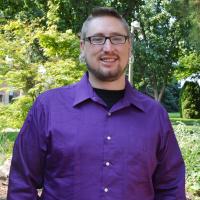
Associate Professor of Communication Arts
Despite the name, there’s nothing especially British about British Parliamentary debate, though its origins can be traced to the British university system. The defining characteristics of the style are as follows:
Treating debate as an opportunity to participate in democratic dialogue, the Howling ‘Yotes will often participate in other formats of debate, in order to support the community, or to explore specific, interesting questions. Debate with an educational purpose transcends any specific format—which the CofI debate team embraces wholeheartedly. When it comes to which format of debate is “the best,” we will remain thoroughly agnostic.
The Howling ‘Yotes Debate team works in conjunction with the Department of Theatre, in order to host two tournaments on campus, for current College of Idaho students. Participation in these tournaments is drawn from students taking our COM-100 course, and the judges primarily consist of students enrolled in COM-250. Members of the Speech and Debate team help administer the tournament, fill in any last-minute gaps that occur, and help provide constructive feedback and commentary to competitors and judges.
Join the Howling ‘Yotes! For students interested in participating in British Parliamentary Debate, we offer scholarships for incoming students—based on competitive merit and competitive potential.
The Howling ‘Yotes share with Idaho News 6 how they might prepare the candidates for the presidential debates, which focused on practice, preparation and pivoting when needed.
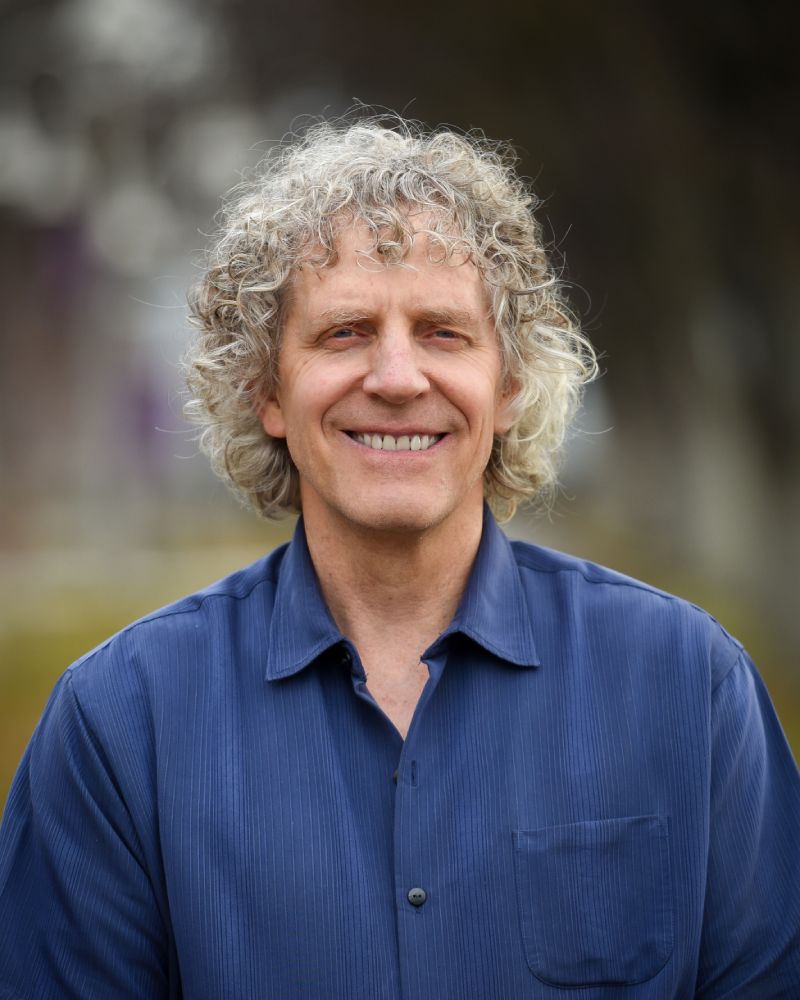
At the Sierra Sustainability Summit, hosted in Yosemite National Park, debaters from both coasts produced and presented visionary cases aimed at improving national parks. Earning a finalist finish, the sunset over the granite peaks of Yosemite also symbolized the sunset of my collegiate debate career. This extracurricular has been a profoundly transformative one, where I have developed advocacy skills and friendships that will last me a lifetime.
B.A. in Political Economy with minors in Communication and Environmental Science and a specialization in Pre-Law.
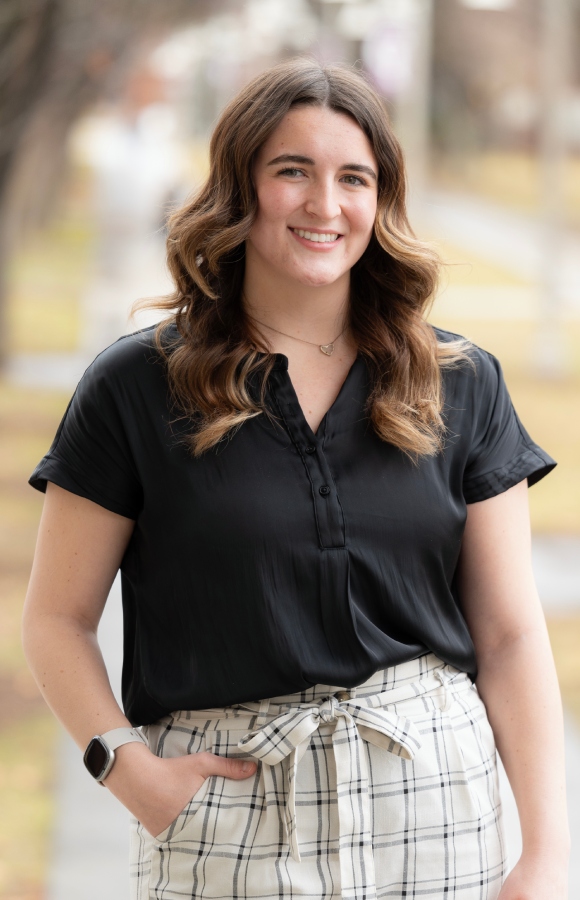
In addition to competing as part of the Howling Yotes Speech & Debate Team, Hana Pfeiffer ’25 is a Gipson Honors Scholar, serves on ASCI Program Council, Yotes Traditions Council and Ambassador Council and is a member of the Omicron Delta Kappa sorority and the Coordinator of the Red Cross Collegiate Leadership Program & Blood Drive.
B.A. in Accounting 150 and Political Economy with minors in Communication, and Natural Sciences and a specialization in Finance.
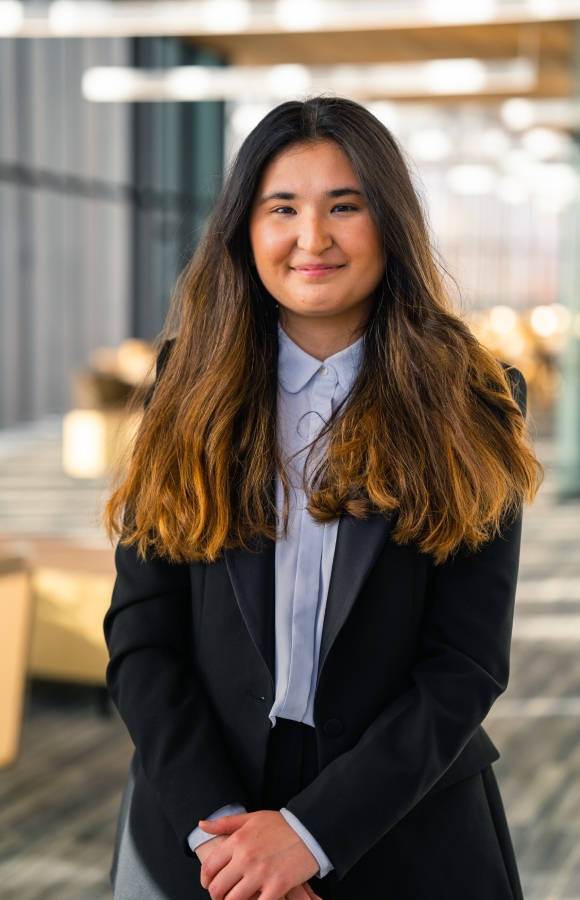
I chose The College of Idaho because of its tight-knit community. I always wanted to study in a college where I could know my professors and have face-to-face interactions with my peers. I recall my first phone call with my admissions counselor. Despite the fact that I was on a Zoom call in China, he introduced me to classmates and took me around campus with his phone. It was a life-changing experience as I made the decision to enter this prominent institute.
B.A in Business Administration with minors in Communication and Health Promotion and a specialization in Finance.
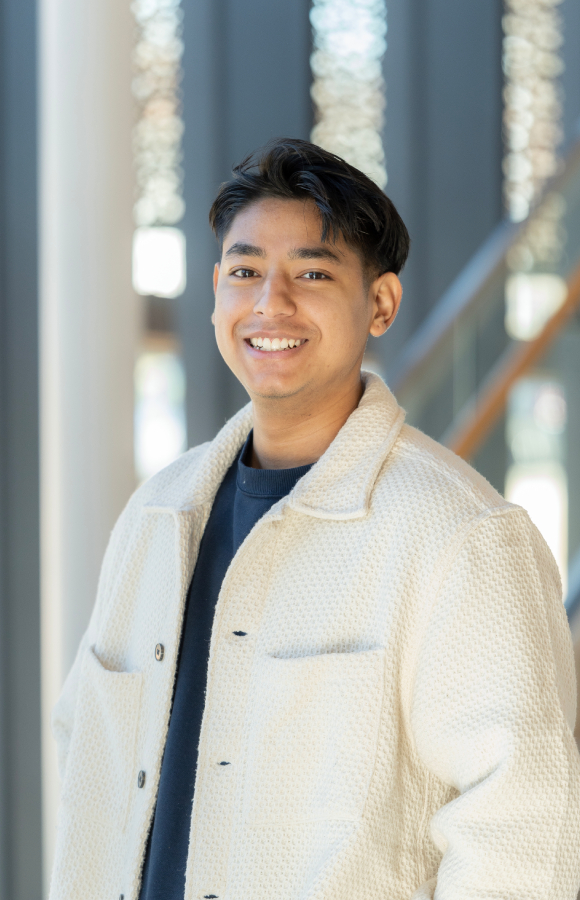
I chose The College of Idaho because I was really drawn to the small, tight-knit community. I grew up in a large city for most of my life, so I wanted to be in a place where I could get to know my professors and classmates personally, and where I wouldn’t feel like just another face in the crowd. The idea of being part of a supportive and closes community was really important to me, and The College of Idaho felt like the perfect fit.
B.A in Mathematics and Computer Science with minors in Art & Design and Psychology.
Your innovative spirit has propelled you this far. What’s next? That’s for you to dream, make, live and unleash at The College of Idaho. Come see what awaits you here.